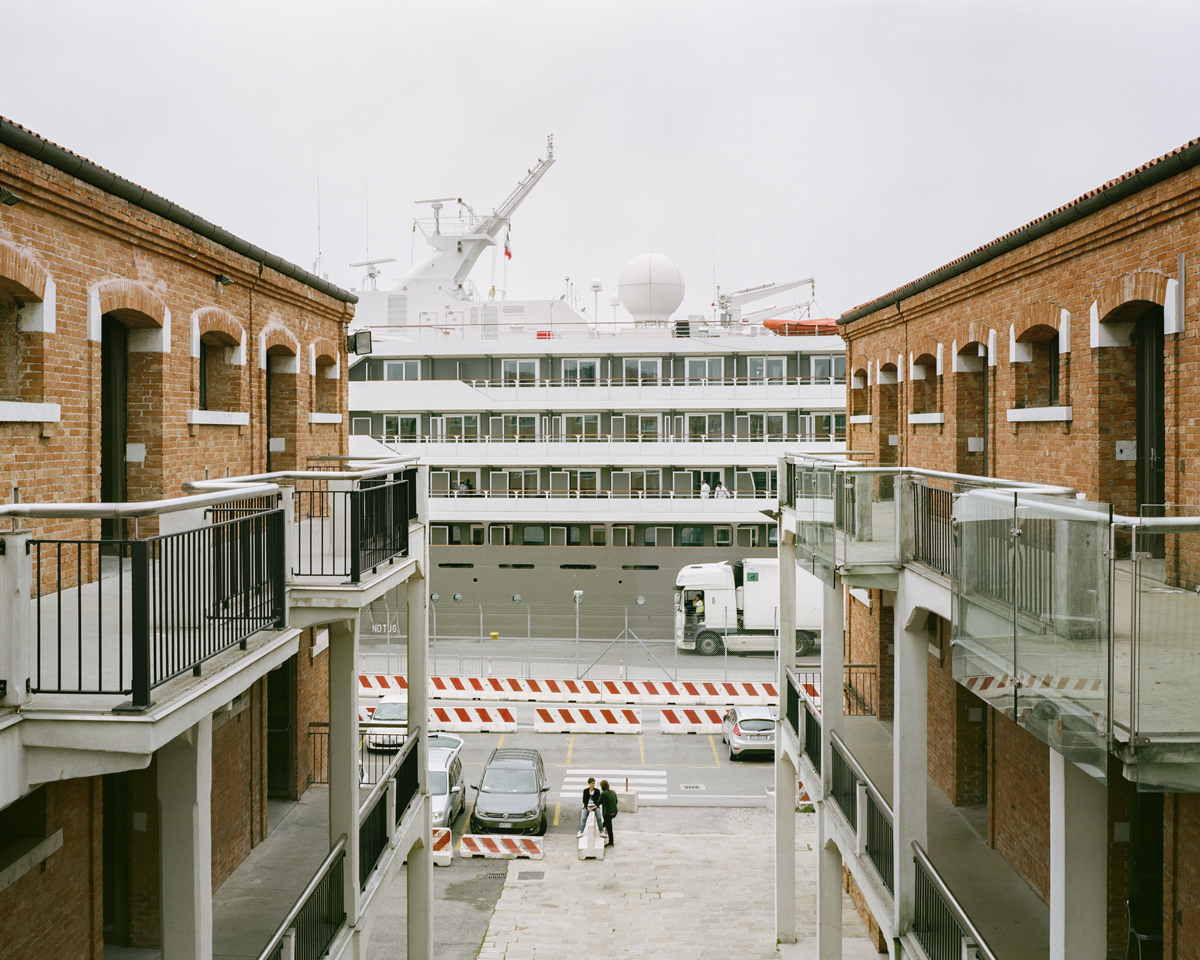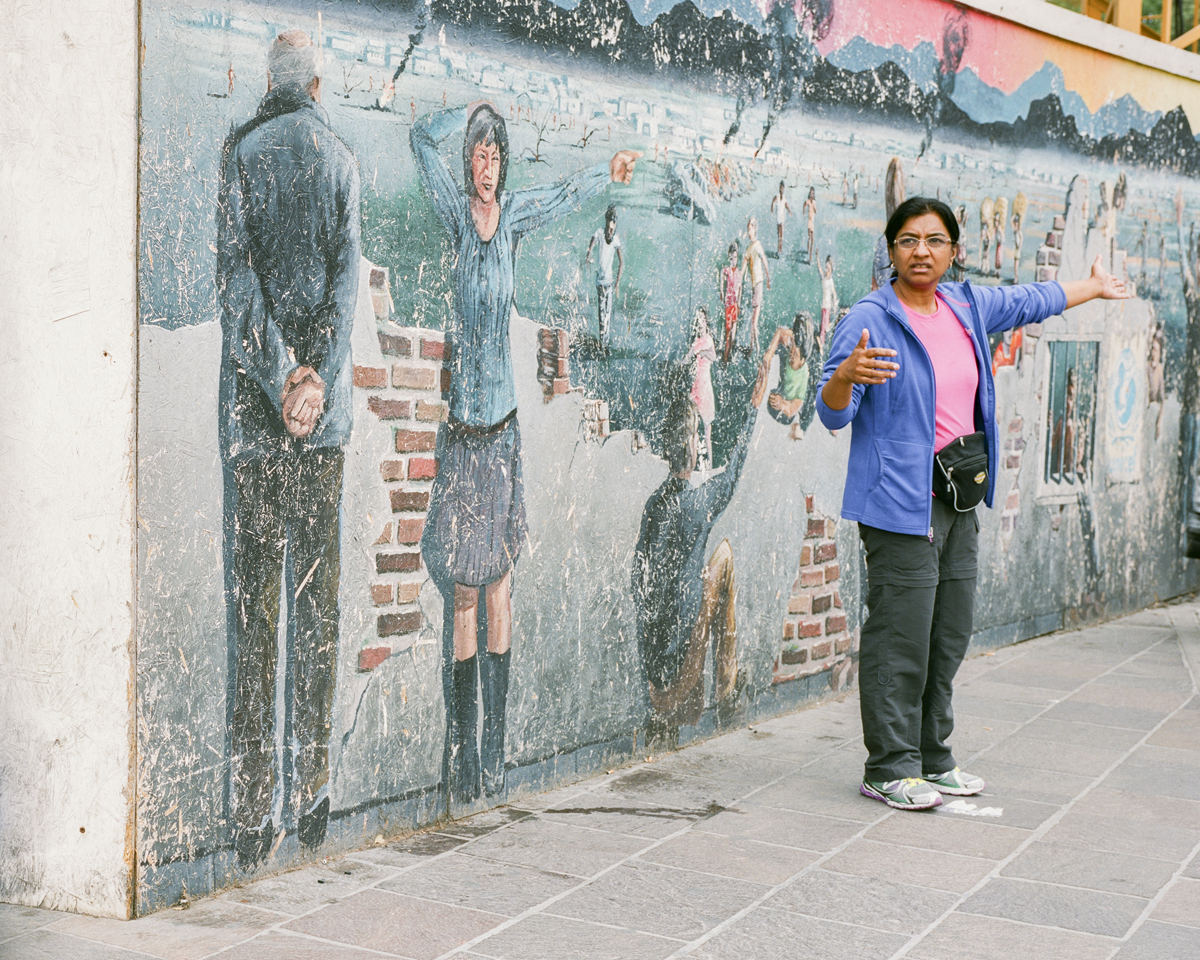










Monopoli – Manifesto frammentario della città di Venezia
Venice, 2013 (ongoing)
“Memory's images, once they are fixed in words, are erased," Polo said. "Perhaps I am afraid of losing Venice all at once, if I speak of it, or perhaps, speaking of other cities, I have already lost it, little by little.” ― Italo Calvino, Invisible Cities
Caneve’s research is a reflection on a unicum, Venezia, which also is a representation of all the world’s civilizations, or at least of those that found their form in more or less recent times.
In this work the inhabited scenes relate to the city and the use made of it. The threats are the market, the productive, the political and economical reasons that violate the natural context in which Venice arose and developed, mortifying its right to be a city.
This project focuses on the image of the city, which is more often image of the idea of itself, playing what we remember about Venice and the actual condition of the city itself. In the work playful images are displayed in juxtaposition with Venice’s vulnerability due to economical and climate issues, as for instance the depopulation, the large ships, the tourism, the sale of historical assets and last but not least the water level growth.
The work is about Venice but not only about Venice: the attempt is rather to explore the artist’s interested in the doom, the future and the vulnerability of our cities and history. Venice - referring again to Calvino - remains only one example. And perhaps, using it as an example, we have already lost it ...
Fragmentary Manifesto of the city of Venice
Love
Mechanical Mobility
Scenic Machine
Excitement
Utopia
Well-being
Goods
Wealth
Boredom
Disgust
Dystopia
Misery
Repetition
Removal
Escape
Prison
Tourism
Mass
Solitude
Fairy
Tale
Trap
The sectors of a city are, at a certain level, decipherable. (Guy Debord)
This was Venice, the flattering and suspect beauty — this city, half fairy tale and half tourist trap, in whose insalubrious air the arts once rankly and voluptuously blossomed, where composers have been inspired to lulling tones of somniferous eroticism.
Thomas Mann, Death in Venice